🌿 Spring Cleaning for Emotional Well-Being: Part 1
Organizing the Space to Organize the Mind
If your home sometimes feels chaotic, and your child’s emotions follow, there could be a reason for that.
Our environments can influence emotional regulation.
When kids face daily clutter, friction, and disorganized routines, their emotional brains (amygdala) stay on high alert.
But when we create supportive spaces and clear systems, we make it easier for their thinking brain (frontal lobe) to stay engaged — leading to better emotional regulation.
➡️🔗www.NorikoAbenojar.com/Newsletters to view all past newsletters
➡️🔗www.NorikoAbenojar.com/Masterclass ~ check them out!!
➡️Keep reading even more for: NORIKO’S NOTES: sharing my life’s simple joys 💜

🧠 Quick Science Behind Emotional Regulation and Environments
-
The Amygdala: Fast, emotional, automatic ("fight, flight, freeze").
-
The Frontal Lobe (Prefrontal Cortex): Slow, logical, thoughtful (planning, organizing, regulating).
Research shows:
-
"Cognitive strategies engage prefrontal systems that dampen emotional reactions generated by the amygdala."
(Ochsner & Gross, 2005, Trends in Cognitive Sciences, PMID: 15866151)
🔵 Translation:
When kids are supported by organized spaces, clear expectations, consistent systems, and visual plans, they are better able to override emotional overload and stay grounded in thoughtful action instead of reactive emotions.
🛠️ How to Organize for Emotional Regulation
This week, we’ll focus on setting up your home to support your child’s emotional well-being — starting with physical space and daily systems.
Step 1: Identify Daily Trouble Spots (Together with your child or by yourself)
Sometimes emotional overload isn't caused by one big event — it builds up through small, daily challenges that quietly stress the brain.
Before you reorganize, first notice:
Where does emotional friction sneak into your day?
Try This:
-
Ask yourself or your child:
➔ "What space or routine feels frustrating almost every day?"
Examples:
1) Messy Chair Effect:
If there’s a chair piled with stuff that always feels overwhelming, make a plan to clear it together.
➔ "Let's turn this chair into a cozy reading corner!"
And it’s not just about cleaning:
-
Kids who help clear a messy area step-by-step build ownership over their environment.
-
They feel empowered to realize that their actions can directly change how they feel every day.
-
It teaches an important life lesson:
➔ "I can influence my world. I can create calm when I need it." -
It strengthens the thinking brain’s connection to planning, executing, and emotionally benefiting from their efforts — a key part of long-term emotional regulation.
2) Lunchbox Chaos:
If the forgotten lunchbox left in the backpack causes morning stress and rushed emotions, first recognize it, then set up a after-school system:
➔ "Take out lunchbox from backpack while still in car. Walk into your home with the lunchbox in hand so it is immediately dropped off next to the sink"
And again, it's not just about finishing a chore:
-
Building a consistent, visible after-school routine lowers emotional and mental load for both parent and child.
-
Kids learn that small daily actions create smoother mornings and calmer feelings — future self-regulation starts the day before.
-
It teaches them an even deeper skill:
➔ "When I follow a small system, I set myself up for success tomorrow." -
It shifts their brain from reactive survival mode (rushing, forgetting, feeling frazzled) into proactive, organized thinking (predicting needs, taking small responsibility).
Creating and practicing tiny after-school systems empowers kids to be active participants in their emotional and organizational success, not just passengers caught in the chaos.
🧠 Why These Small Wins Matter
Clearing clutter and setting up simple routines isn't just about having a clean home;
It’s about giving their thinking brain (frontal lobe) a better chance at being able to regulate emotions.
Each small improvement makes the next one easier.
🌱 Coming Up on Thursday: Part 2
Next, we'll take the ideas we identified — the small friction points — and show how to turn them into visible, daily systems that protect your child's emotional regulation every day.
NORIKO'S NOTES: sharing my life's simple joys💜
I ordered this a LONG time ago, but I am finally growing it in my kitchen--Microgreens from Mung Beans! Anyone else into this? I enjoy eating what I grow that is nutritious but I just love seeing little plants grow. The fact that these tiny little seeds? beans? (I don't know!) have been in my pantry for about a year with no change, and now they are starting to spout after only several hours of exposure to water and sunlight is just mindblowing to me. It makes me so happy to look at them making it's way out of the outer shell. You can see in the photo I am also growing green onions on my window sill. I've grown so many random things there for years.
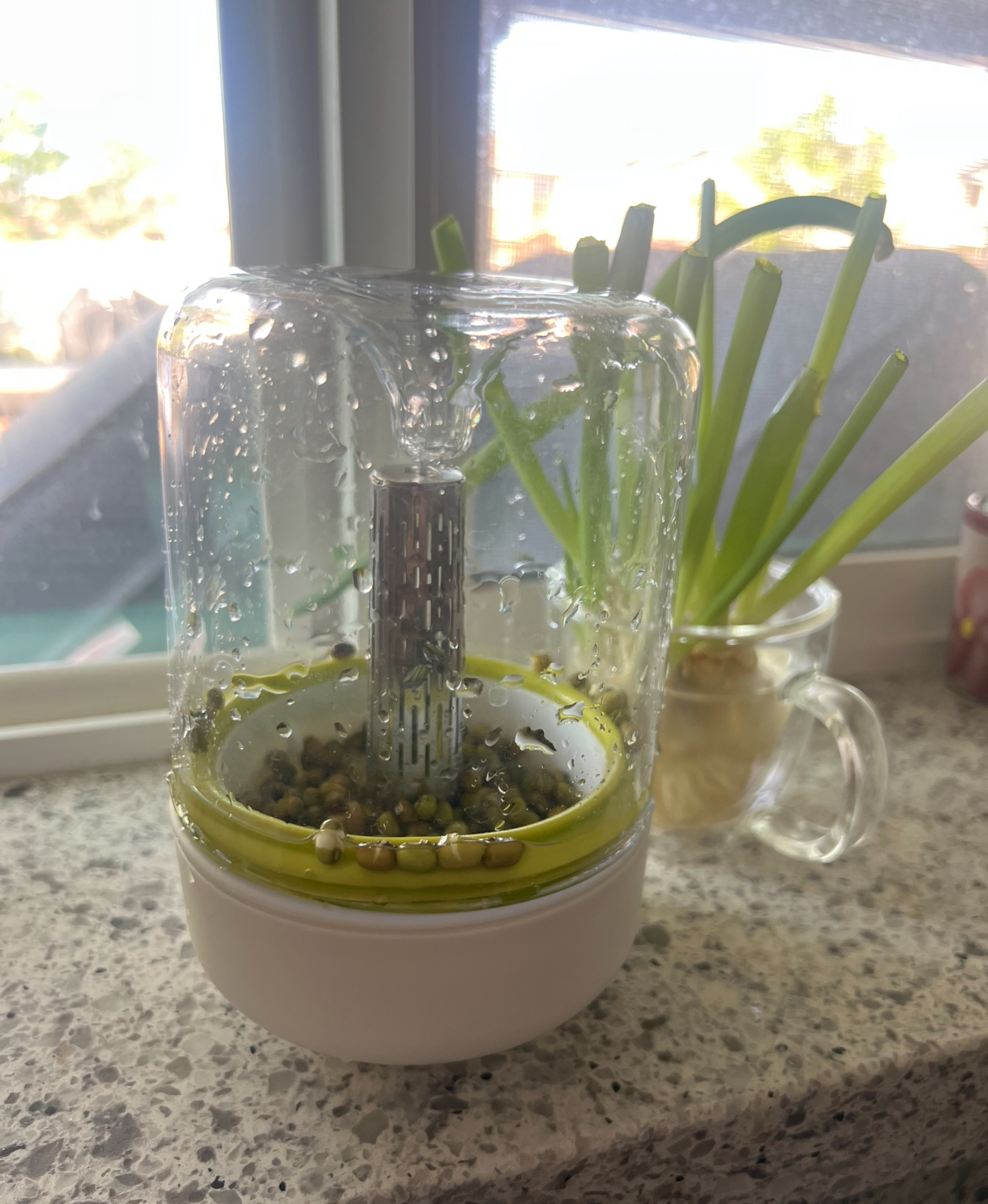
And here is an update from my hydroponic system that I talked about before. Recently harvested basil, tomatoes, chard, and kale!
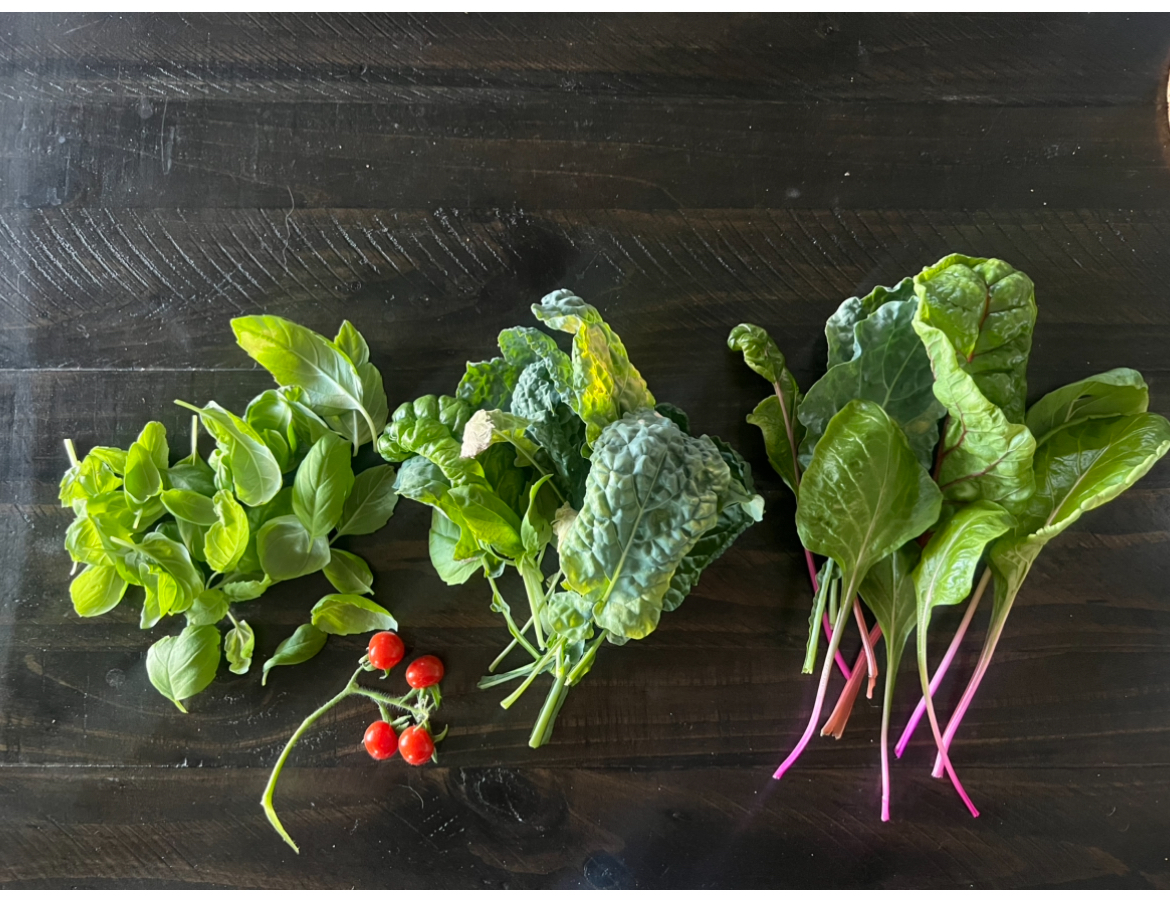
Thank you for letting me share my simple joy💜.
ONLINE MASTERCLASSES NOW OPEN:

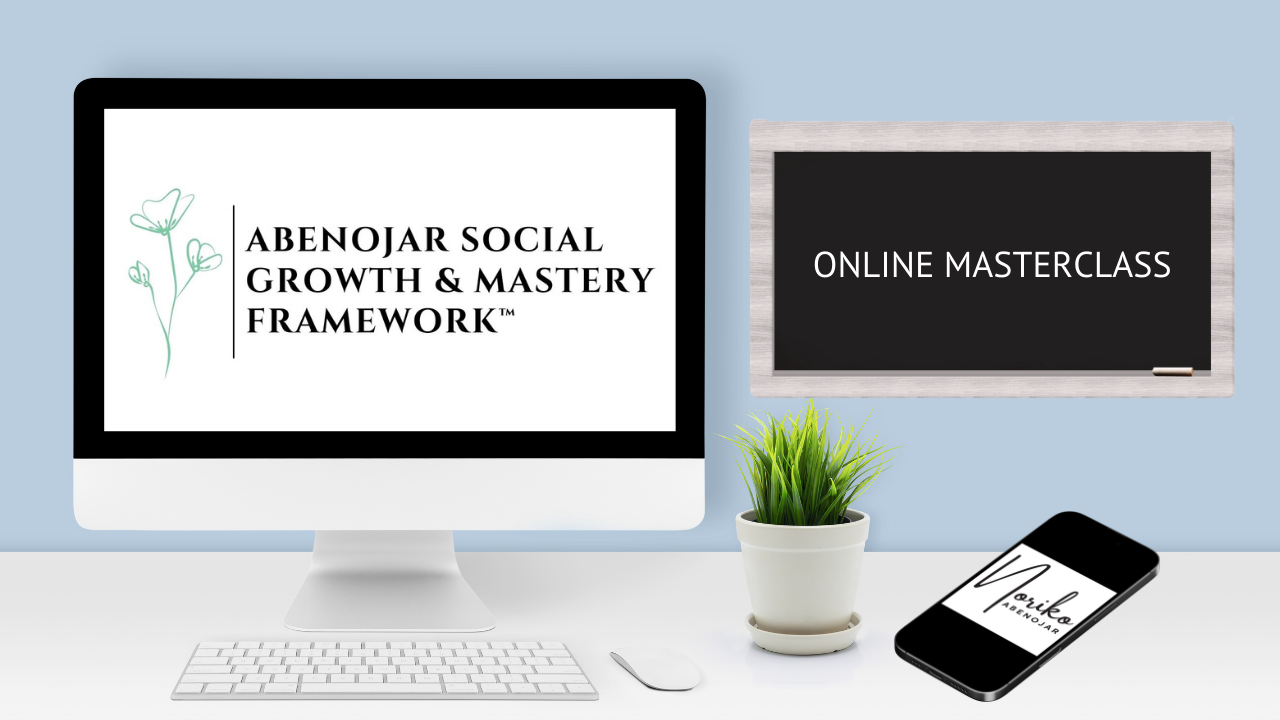
FREE - The Abenojar Social Growth & Mastery Framework™ Masterclass is here!
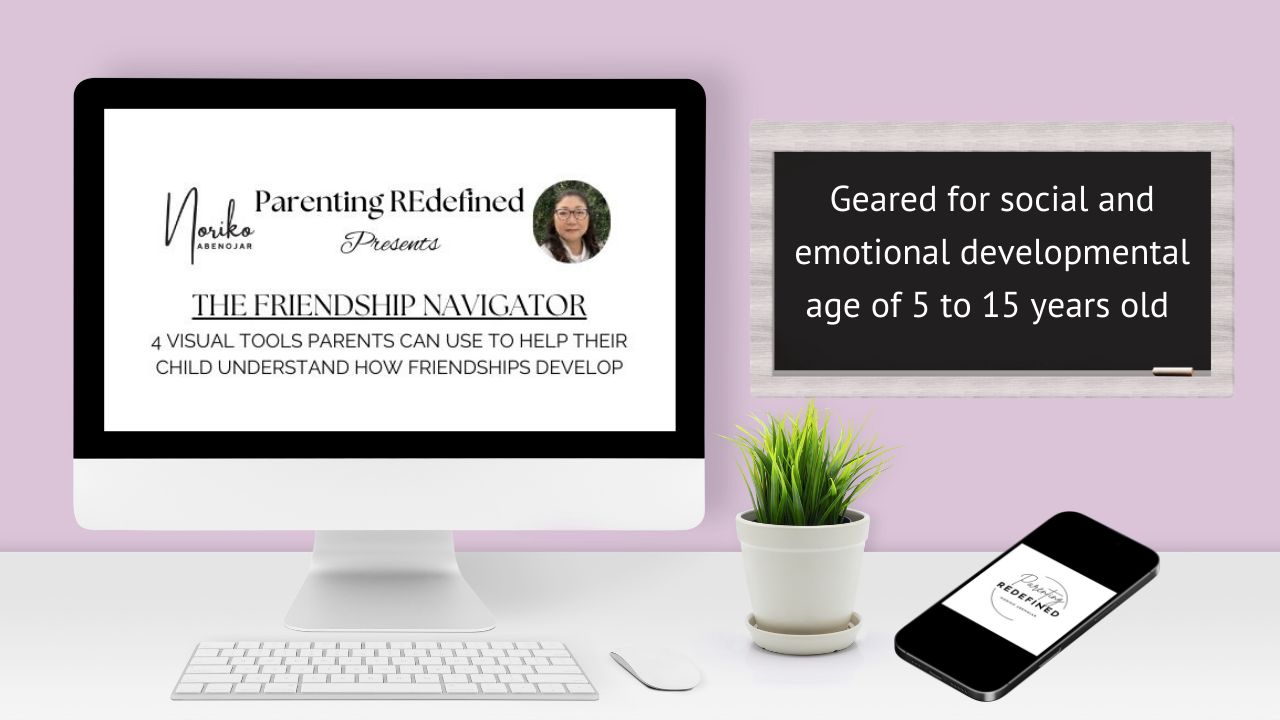
FRIENDSHIP NAVIGATOR - 4 Visual Tools Parents Can Use to Help Their Child Understand How Friendships Develop
Please Help Spread the Word!
The more awareness we bring to the importance of social skills development, the more schools and workplaces will recognize the importance of inclusivity and the need for meaningful social support.
Please share this link: Parenting REdefined Newsletter (www.NorikoAbenojar.com/subscribe) to friends, families, teachers, or other professionals - encourage them to subscribe so that they don't miss announcements and new newsletters.
Noriko Abenojar, MSW PPS
Parenting REdefined
www.NorikoAbenojar.com
www.SocialAndCognitiveLearningCenter.com
Instagram: @NorikoAbenojar
Facebook: Parenting REdefined by Noriko Abenojar MSW PPS
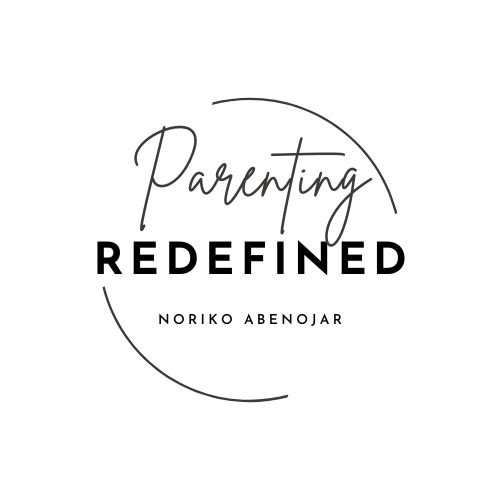
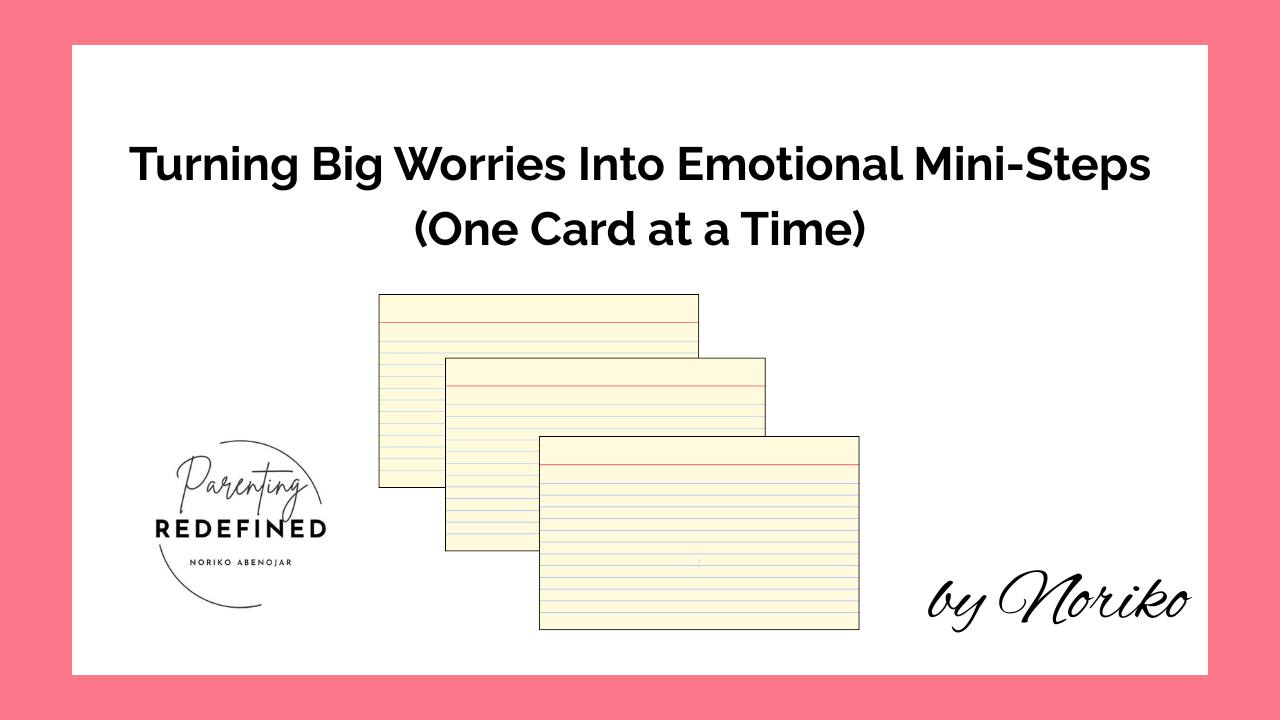
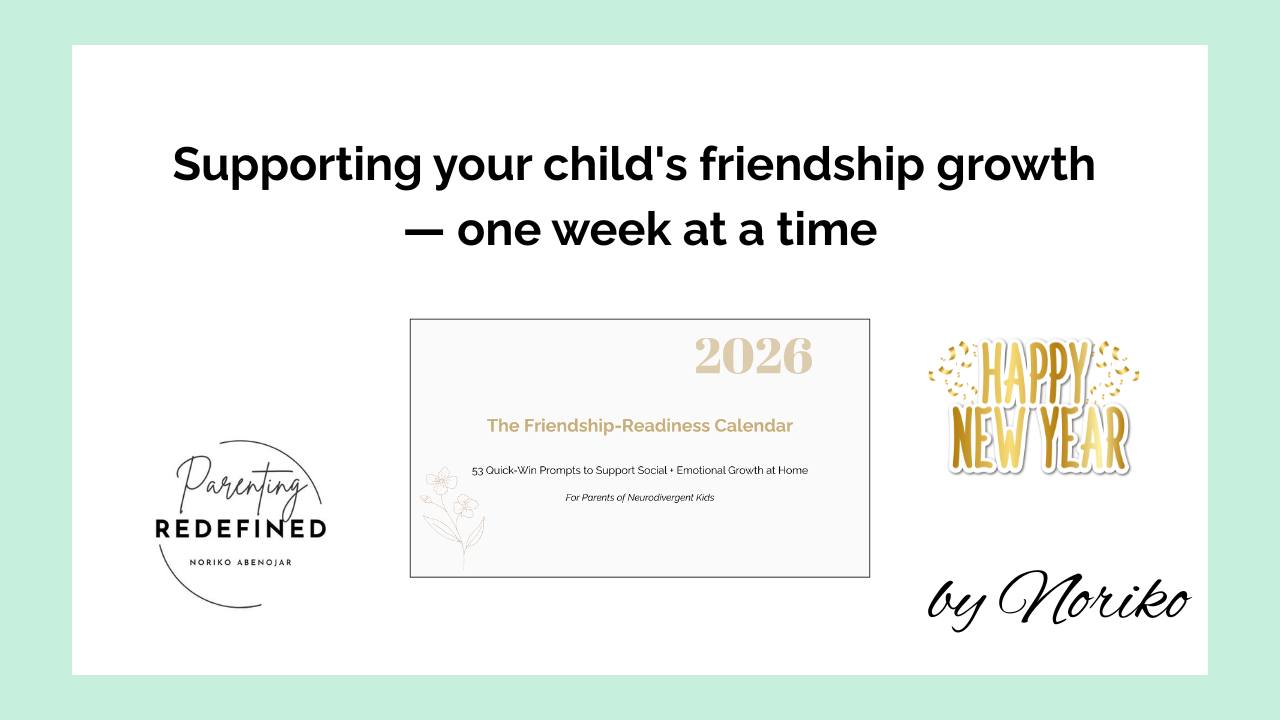

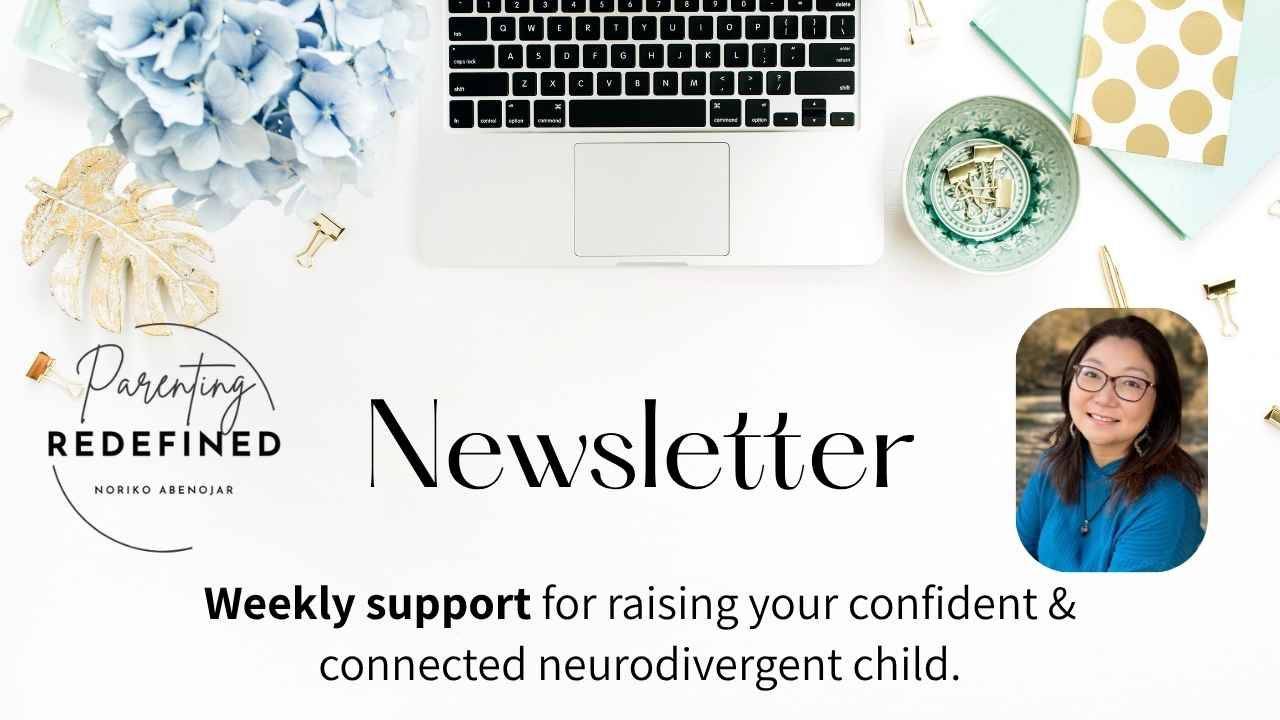

Responses